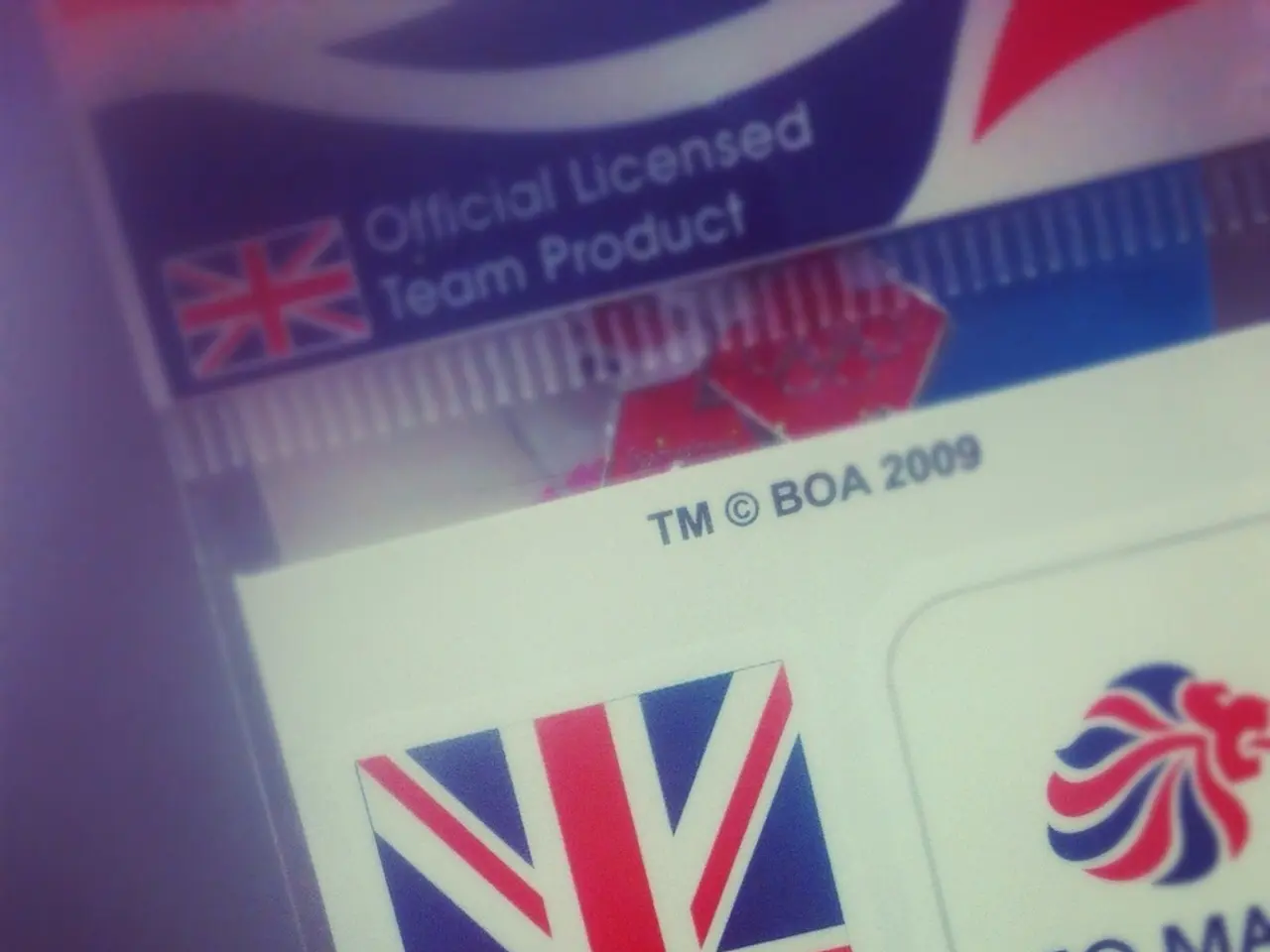ESG News Update: July 2025 Edition
The European Union (EU) continues to shape its corporate sustainability landscape, with several key directives and regulations undergoing changes. The Corporate Sustainability Reporting Directive (CSRD) and Corporate Sustainability Due Diligence Directive (CSDDD) are at the forefront of these developments, while the Green Claims Directive and the Sustainable Batteries Regulation also warrant attention.
**CSRD and CSDDD:** Simplification and delay are the dominant themes, with negotiations ongoing to narrow the scope and reduce burdens on smaller companies. The CSRD, which remains in force, has seen reporting deadlines postponed for some categories of companies, while an 11 July 2025 delegated act provides additional flexibility for the first set of European Sustainability Reporting Standards (ESRS). The Commission's February 2025 Omnibus package proposes to focus CSRD obligations on the largest companies (with more than 1,000 employees), exempting smaller entities from the heaviest requirements. The CSDDD, still under negotiation, proposes a unified risk-based threshold, with EU-incorporated companies subject to the directive if they have 5,000 employees and €1.5 billion worldwide turnover (on a consolidated basis for groups); non-EU companies with €1.5 billion net turnover in the EU will also be covered. Final adoption of new rules may not occur until late 2025 or early 2026.
**Green Claims Directive:** Stalled, not withdrawn, with ongoing debates about scope and compliance burden. The proposal remains formally on the table, though its future is unclear. EU institutions are debating whether to exempt micro-enterprises; the Parliament has already agreed to their exclusion, but concerns over the compliance burden persist. Future progress depends on renewed Council and Parliament negotiations.
**Sustainable Batteries Regulation:** Implementation continues as previously planned, with no recent changes reported in the provided sources.
A summary table outlines the status of each directive/regulation as of July 2025, along with key developments.
Key Takeaways: - CSRD/CSDDD: Simplification and delay are the dominant themes, with negotiations ongoing to narrow the scope and reduce burdens on smaller companies. Final adoption of new rules may not occur until late 2025 or early 2026. - Green Claims Directive: Stalled, not withdrawn, with ongoing debates about scope and compliance burden. Future progress depends on renewed Council and Parliament negotiations. - Sustainable Batteries Regulation: Implementation continues as previously planned, with no recent changes reported in the provided sources. - Overall Trend: The EU is moderating its ESG rulemaking pace, prioritizing simplification, flexibility, and risk-based applicability, while maintaining existing requirements for large companies.
Businesses should continue to monitor developments, as further changes are likely after the summer 2025 legislative break. Compliance with existing rules remains mandatory, even as new requirements face delays and possible scope reductions.
Additional research published by Consumer body Which? found greenwashing to be widespread and compliance with the UK's Competition and Markets Authority's (CMA) Green Claims Code to be low. NGO ClientEarth has also published a legal opinion on climate transition plans.
- The ongoing negotiations for the Corporate Sustainability Reporting Directive (CSRD) and Corporate Sustainability Due Diligence Directive (CSDDD) within the European Union aim to simplify regulations, postpone deadlines, and reduce burdens for smaller companies.
- Despite ongoing debates regarding its scope and compliance burden, the Green Claims Directive remains on the EU's agenda, with uncertainty about its future as Council and Parliament negotiations need to be renewed for progress.
- In contrast to the CSRD, Green Claims Directive, and CSDDD, the Sustainable Batteries Regulation continues to move forward according to the initial plan, with no reported changes as of July 2025.




